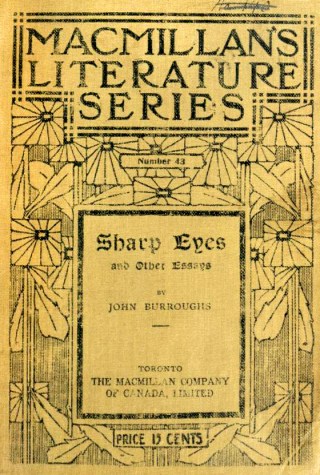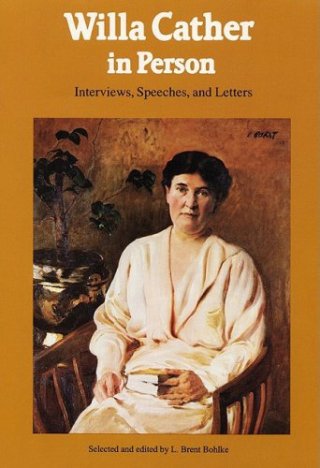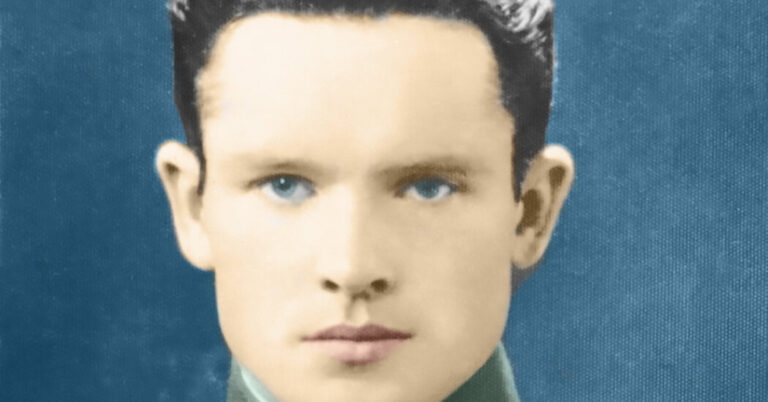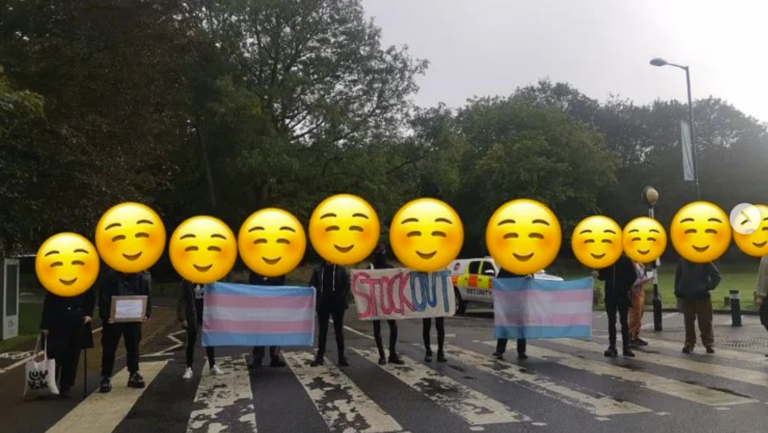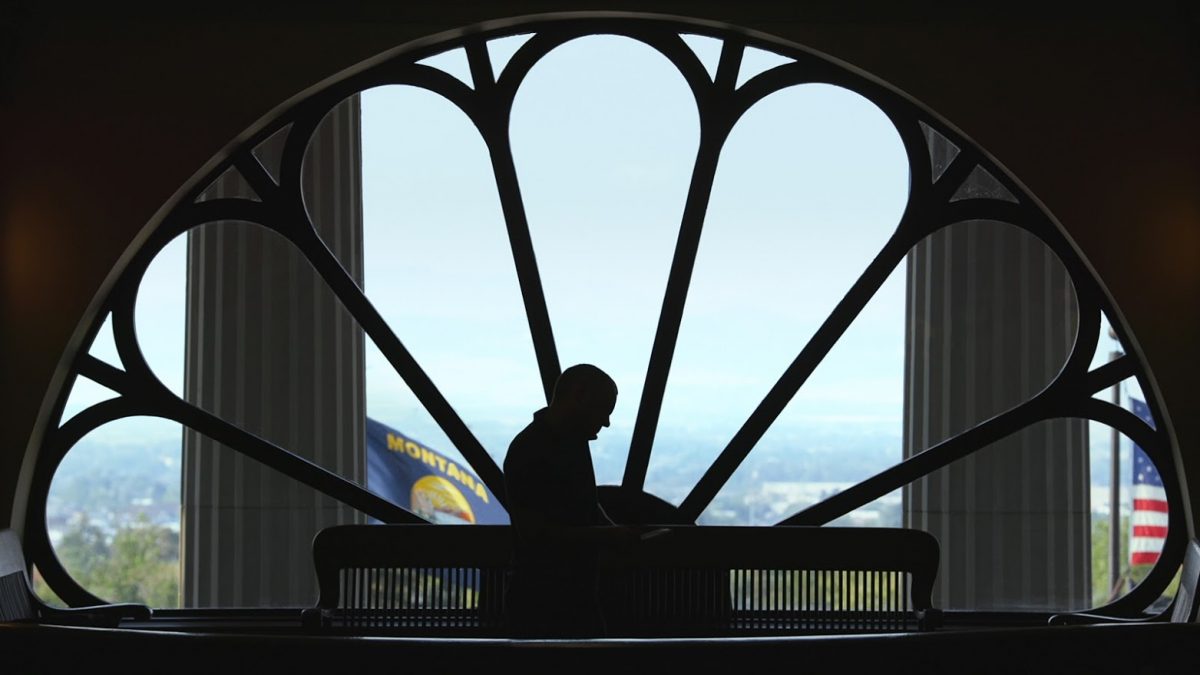
In Montana, many of the voices against dark money are Republican. Debra Bonogofsky, a small business owner running for the Montana State House of Representatives on a campaign that promotes “fiscal responsibility” and small government, considers resisting dark money groups a matter of integrity: “If you don’t vote the way they want you to vote in the legislature they will target you the next primary,” she says, “even if you’re a conservative Republican.”
POV films have won 37 Emmy® Awards, 21 George Foster Peabody Awards, 12 Alfred I. duPont-Columbia University Awards, three Academy Awards®, the first-ever George Polk Documentary Film Award and the Prix Italia. The POV series has been honored with a Special News & Documentary Emmy Award for Excellence in Television Documentary Filmmaking, three IDA Awards for Best Curated Series and the National Association of Latino Independent Producers Award for Corporate Commitment to Diversity. Learn more at www.pbs.org/pov/.
Dark Money has its national broadcast and streaming debut on the PBS documentary series POV and pov.org on Monday, October 1 at 10 p.m. (check local listings). POV is American television’s longest-running independent documentary series, now in its 31st season.
Credits:
This award-winning independent film offers numerous perspectives on dark money donations—the unlimited campaign contributions from undisclosed donors, individuals and corporations, that have been allowed since the 2010 Supreme Court ruling on Citizens United. “Dark money is the advertising where you don’t know who’s paying for the ads,” explains Llew Jones, a Montana state senator. “We’ve just simply got to hold these up and say, ‘Who is paying for this? What are they attempting to buy?’”
Major funding for POV is provided by PBS, The John D. and Catherine T. MacArthur Foundation, Corporation for Public Broadcasting, National Endowment for the Arts and the Wyncote Foundation. Additional funding comes from The John S. and James Knight Foundation, Nancy Blachman and David desJardins, Bertha Foundation, Reva & David Logan Foundation, Open Society Foundations, Chicago Media Project, Sage Foundation, Lefkofsky Family Foundation, The Academy of Motion Pictures Arts and Sciences, New York State Council on the Arts, New York City Department of Cultural Affairs in partnership with the City Council, Ann Tenenbaum and Thomas H. Lee and public television viewers. POV is presented by a consortium of public television stations, including KQED San Francisco, WGBH Boston and THIRTEEN in association with WNET.ORG
POV Engage (www.pbs.org/pov/engage/)
* * * *
Produced by American Documentary, Inc., POV is public television’s premier showcase for nonfiction films. Since 1988, POV has been the home for the world’s boldest contemporary filmmakers, celebrating intriguing personal stories that spark conversation and inspire action. Always an innovator, POV discovers fresh new voices and creates interactive experiences that shine a light on social issues and elevate the art of storytelling. With our documentary broadcasts, original online programming and dynamic community engagement campaigns, we are committed to supporting films that capture the imagination and present diverse perspectives.
Download the press release here.
Download the press release here.
POV’s Community Engagement and Education team works with educators, community organizations and PBS stations to present more than 800 free screenings every year. In addition, we distribute free discussion guides and standards-aligned lesson plans for each of our films. With our community partners, we inspire dialogue around the most important social issues of our time.
Kimberly Reed’s work has been featured on The Oprah Winfrey Show, CNN, NPR, The Moth and in Details magazine. One of Filmmaker Magazine’s “25 New Faces of Independent Film,” she directed and produced Prodigal Sons, which landed on many best of the year lists, screened at more than 100 film festivals and garnered 14 audience and jury awards, including a FIPRESCI Prize. Reed was recognized as one of Out magazine’s “OUT100” and was number one on Towleroad’s “Best LGBT Characters of the Film Year” list. She also produced, edited and wrote Paul Goodman Changed My Life and produced The Death and Life of Marsha P. Johnson. Reed is a fourth-generation Montanan.
Director: Kimberly Reed; Producer: Kimberly Reed, Katy Chevigny; Executive Producers: Michael Bloom, Adam Pincus, Nancy Stephens, Rick Rosenthal, David J. Cornfield, Linda A. Cornfield; Co-Executive Producer: Katy Drake Bettner; Cinematography by: Kimberly Reed, Eric Phillips-Horst, Jay Arthur Sterrenberg; Editor: Jay Arthur Sterrenberg; Original Score by: Miriam Cutler; Executive Producers for POV: Justine Nagan, Chris White
John S. Adams, former capital bureau chief for the Great Falls Tribune and creator of the Montana Free Press, is the leading investigator featured in the film. He notes that when campaigns can receive unlimited sums from anonymous donors, hidden from public scrutiny, the consequences are clear: “Then it’s not the people controlling the government—it’s the government controlled by a corporation controlling the people, which is like super-crazy Big Brother, but it’s happening.” The film draws parallels between the local influence of dark money in Montana and the effects of corporate political spending on a national scale.
American Documentary, Inc. (AmDoc) is a multimedia company dedicated to creating, identifying and presenting contemporary stories that express opinions and perspectives rarely featured in mainstream media outlets. AmDoc is a catalyst for public culture, developing collaborative strategic engagement activities around socially relevant content on television, online and in community settings. These activities are designed to trigger action, from dialogue and feedback to educational opportunities and community participation.
American Documentary, Inc. (www.amdoc.org)
Your vote can be bought, but at what cost? Dark Money follows local Montana journalist John S. Adams, who is determined to uncover the truth about funding in his state’s elections. The film gains insights over the course of three election cycles, as it solves an increasingly complicated and blurred puzzle. Dark Money traces Adams’ steps and sheds light on the grassroots movement to unveil the mysterious financing behind our elections.
POV Spark (www.pbs.org/pov/)
* * * *

